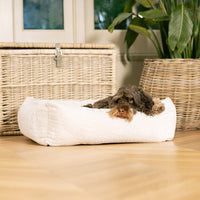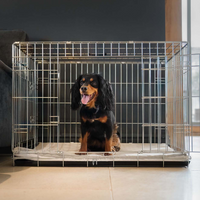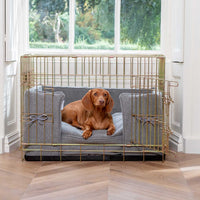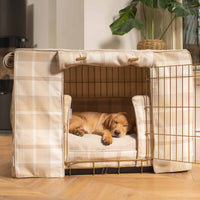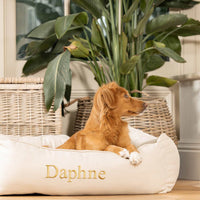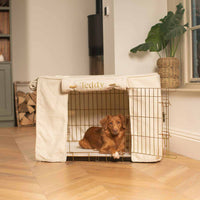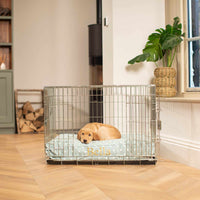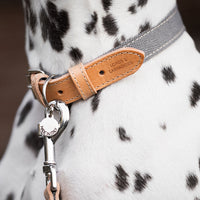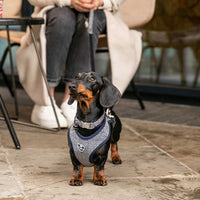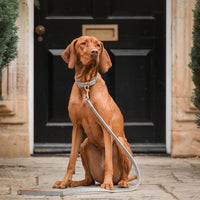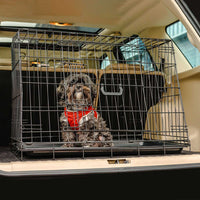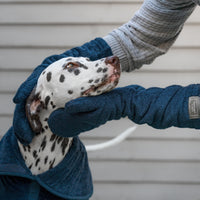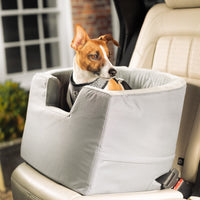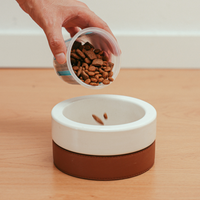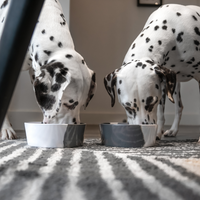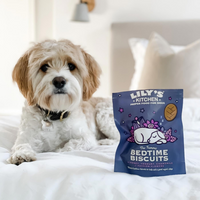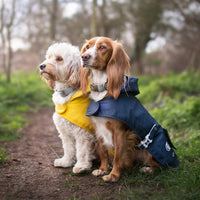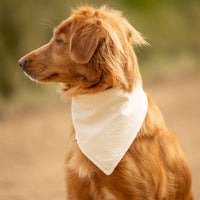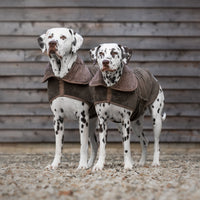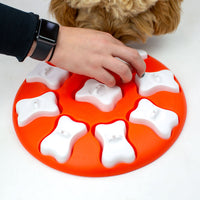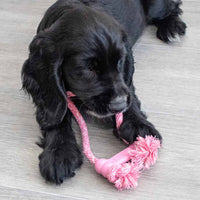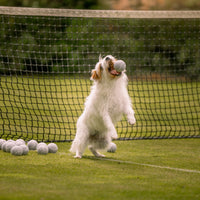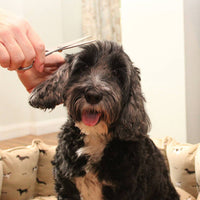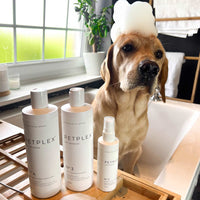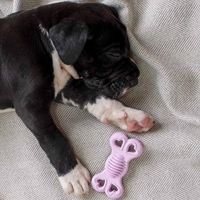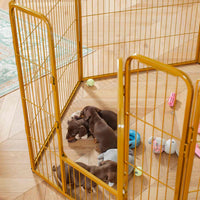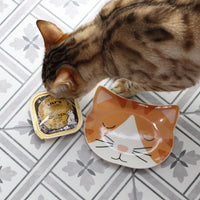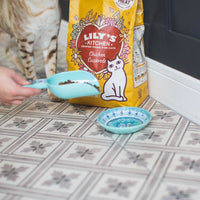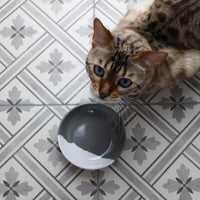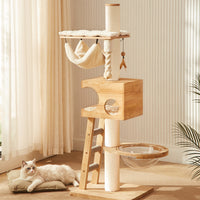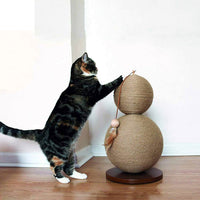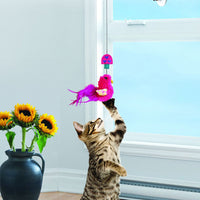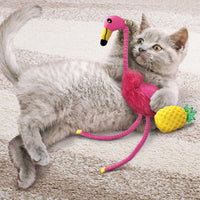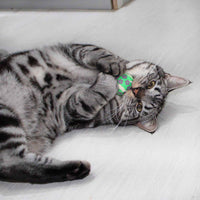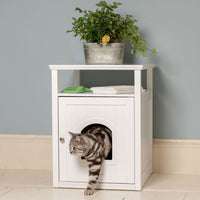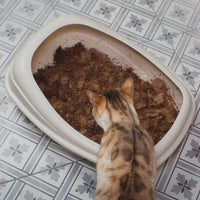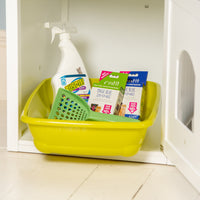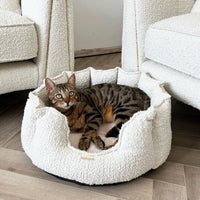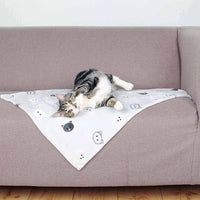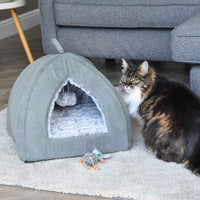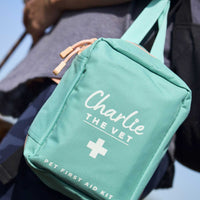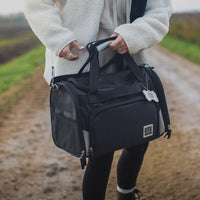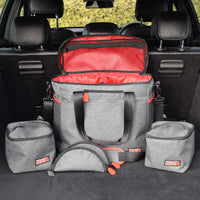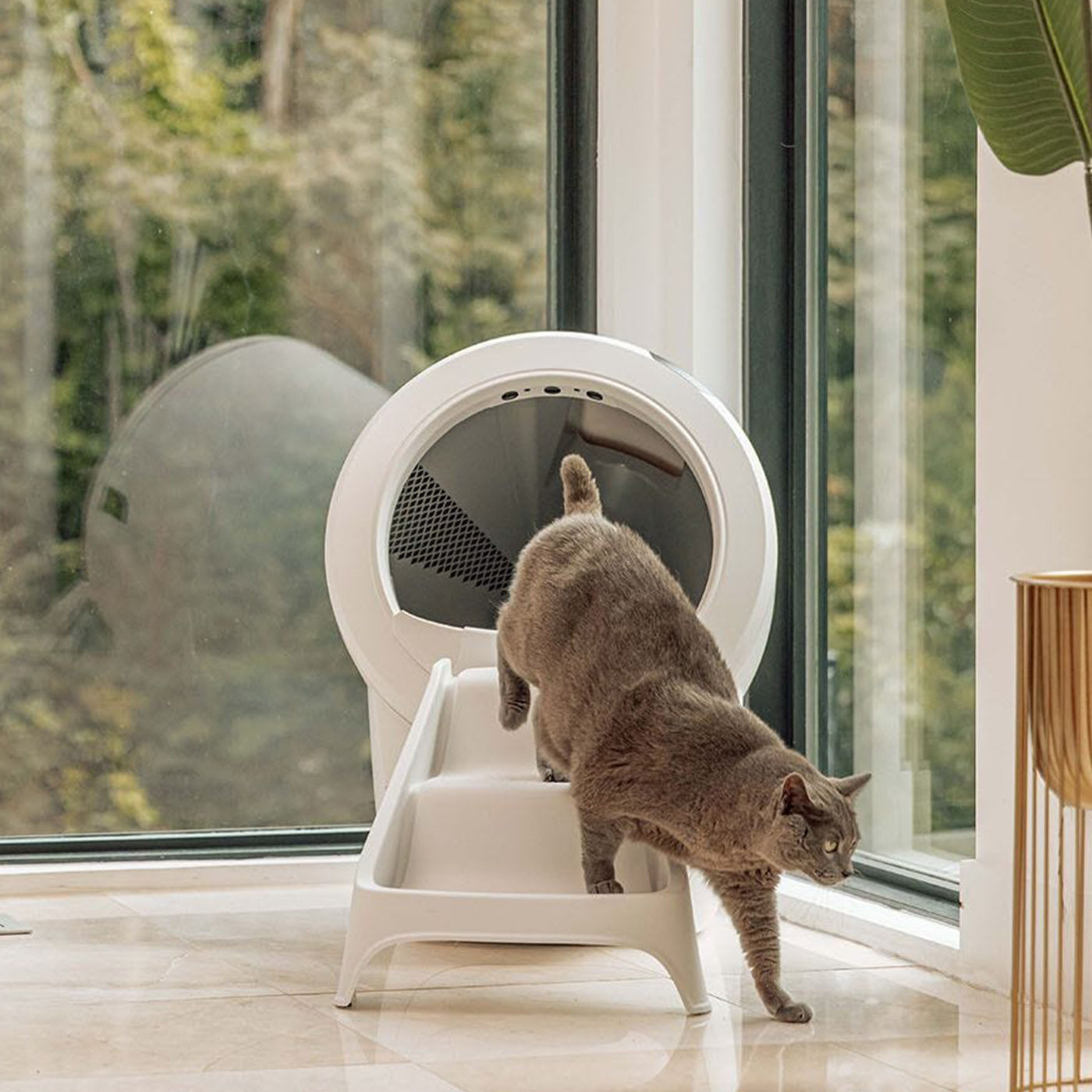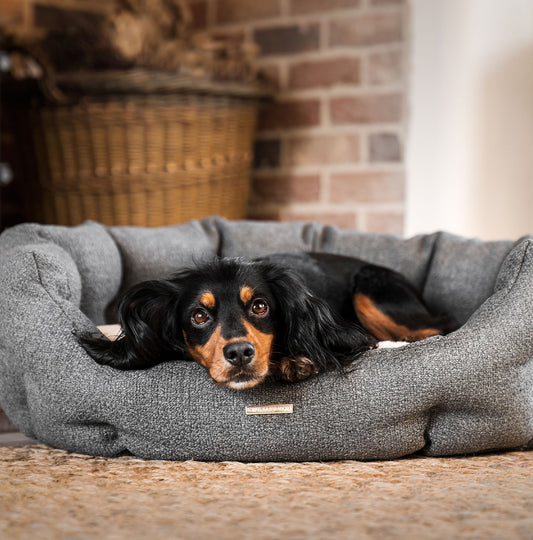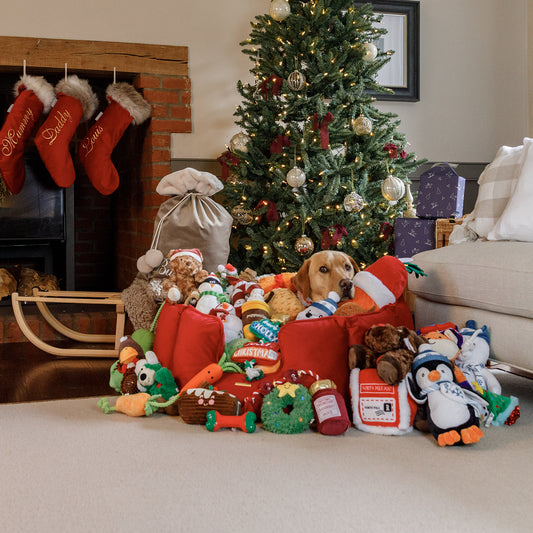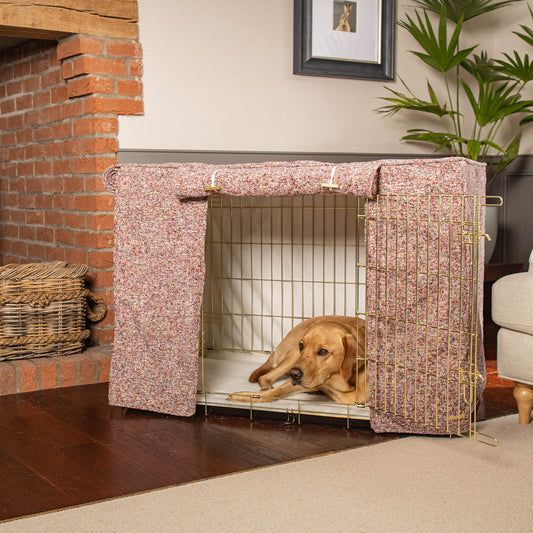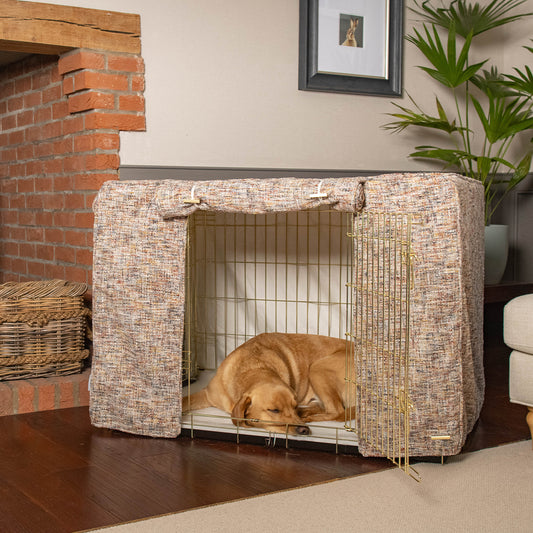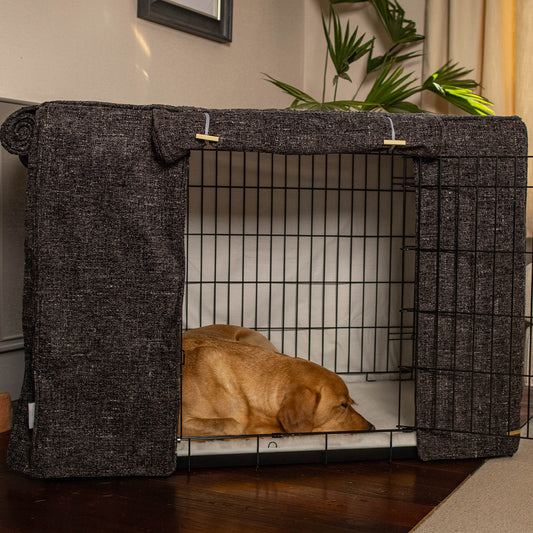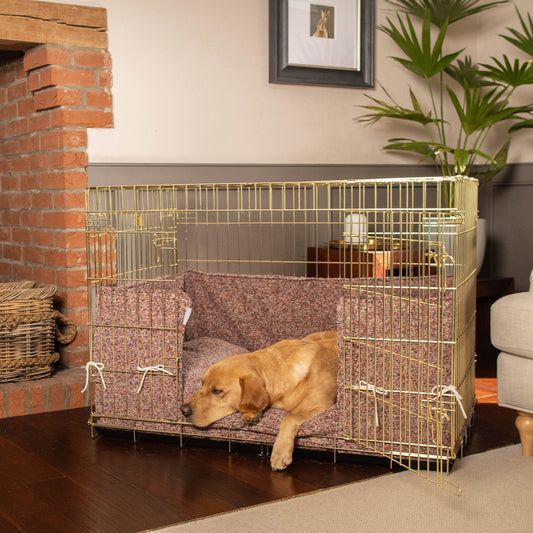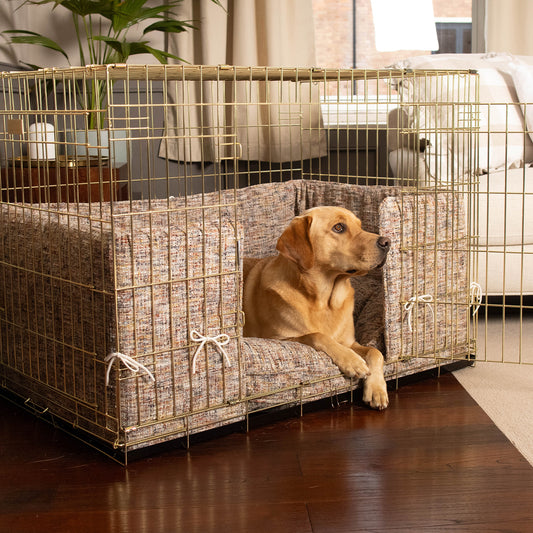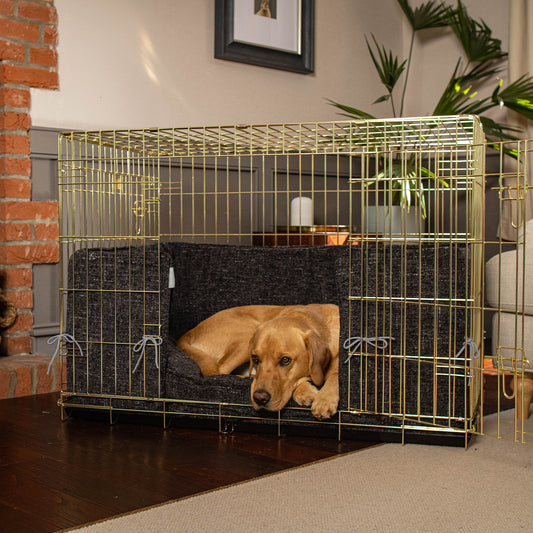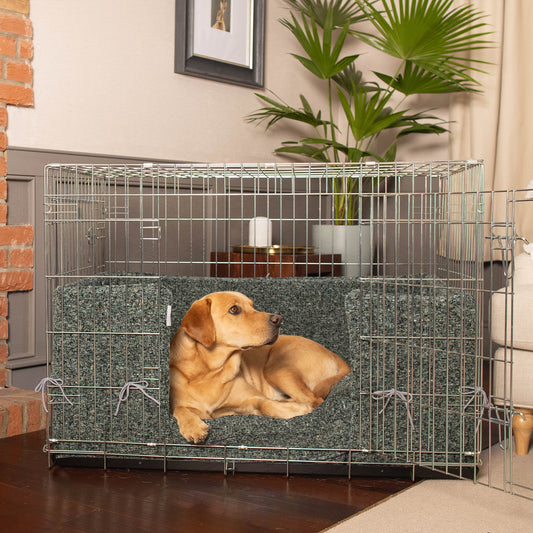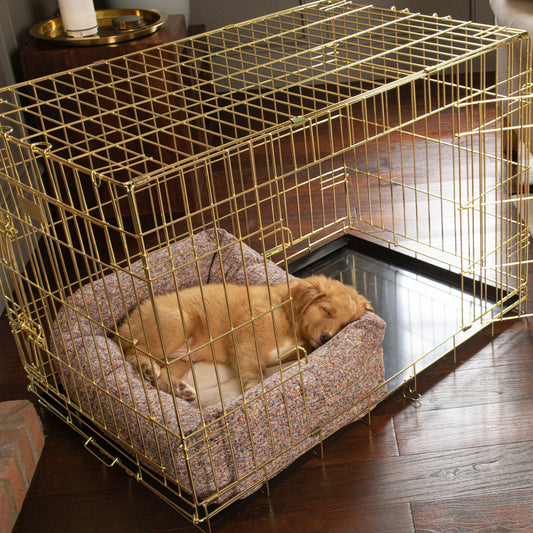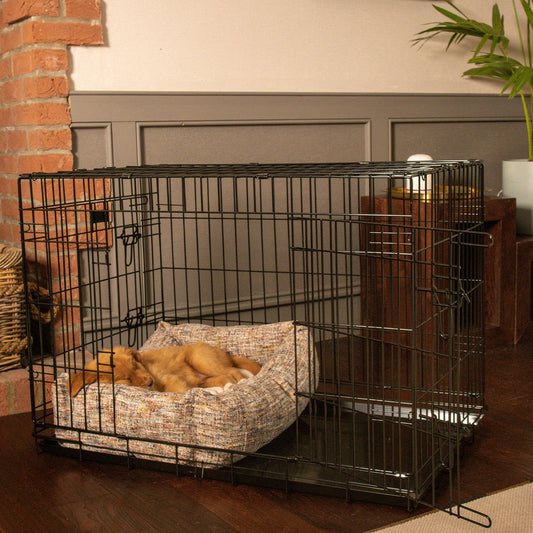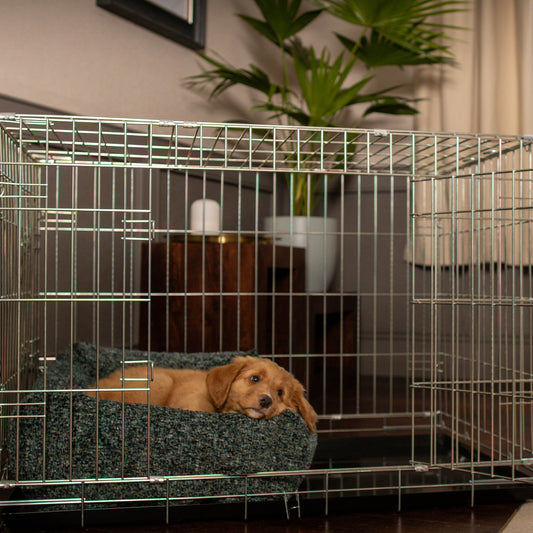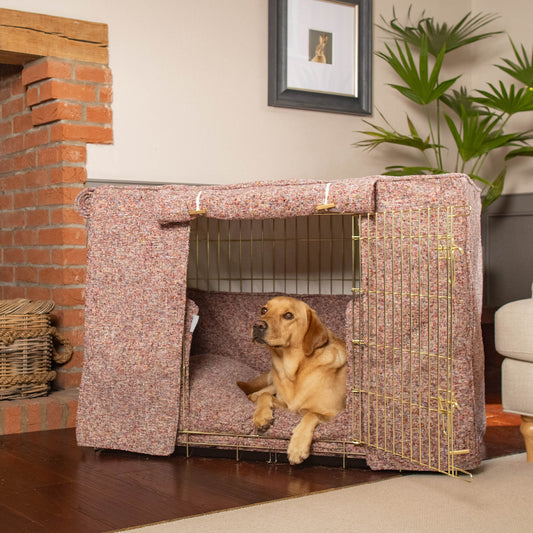Cocker Spaniels are renowned for their charming personalities, distinctive traits, and undeniable cuteness. Whether you're a first-time owner or a seasoned enthusiast, this ultimate guide provides comprehensive information on Cocker Spaniels, covering everything from their unique traits to health considerations and the best ways to care for these delightful companions.
Cocker Spaniel Facts and Information
Cocker Spaniels, known for their medium-sized build and silky, feathered coats, are the smallest member of the sporting group of dogs. Originating from England, they were initially bred for hunting woodcocks, hence the name "Cocker Spaniel." These dogs are not only aesthetically pleasing but also make wonderful family pets due to their friendly and gentle nature.
Cocker Spaniel Personality and Traits

Personality
Cocker Spaniels are affectionate, intelligent, and sociable dogs. They thrive on human companionship and are known for their eagerness to please. This makes them excellent family pets that get along well with children and other animals.
Traits
- Energetic: Cocker Spaniels have a moderate to high energy level, making them suitable for active families.
- Intelligent: These dogs are quick learners, making them responsive to training and various commands.
- Affectionate: Cocker Spaniels form strong bonds with their owners and enjoy being involved in family activities.
Understanding Cocker Spaniels: Working vs. Show Varieties

Cocker Spaniels come in two distinct varieties: working and show. While both share the same ancestry and many common traits, there are notable differences between the two.
Working Cocker Spaniels
- Purpose: Working Cockers are bred for their hunting abilities and fieldwork prowess.
- Appearance: They tend to have a leaner build and a more functional coat, often with less feathering to prevent snagging in the field.
- Temperament: Working Cockers are highly energetic, intelligent, and thrive on activity and mental stimulation.
- Training: They excel in obedience and agility training, as well as activities like retrieving and scent work.
Show Cocker Spaniels
- Appearance: Show Cockers have been bred for conformation to the breed standard, emphasising aesthetic qualities such as coat colour, size, and shape.
- Temperament: They typically have a calmer demeanour compared to their working counterparts, making them well-suited for family companionship.
- Grooming: Show Cockers often have longer, more abundant coats with extensive feathering, requiring regular grooming and maintenance.
- Activity Level: While they still enjoy exercise and play, they may have slightly lower energy levels compared to working Cockers.
Considerations
It's essential to understand the differences between working and show Cockers when choosing a companion. Working Cockers thrive in active, outdoor environments and require ample mental and physical stimulation, while show Cockers may be better suited for a more relaxed lifestyle and regular grooming sessions.
Regardless of their variety, both types of Cocker Spaniels make wonderful companions, each bringing their own unique qualities to enrich the lives of their owners.
Cocker Spaniel Health Issues
While Cocker Spaniels are generally healthy dogs, they can be prone to certain health issues. Regular veterinary check-ups are crucial to ensuring their well-being.
Common health concerns include:
- Ear Infections: Due to their floppy ears, Cocker Spaniels may be prone to ear infections. Regular cleaning is essential.
- Eye Problems: Some Cocker Spaniels may develop eye issues, such as cataracts or progressive retinal atrophy.
- Obesity: Proper diet and regular exercise are vital to prevent obesity, which can lead to various health problems.
Raising a Cocker Spaniel

Cocker Spaniel Training
Training is an integral part of raising a well-behaved Cocker Spaniel. Here are key aspects to consider:
- Obedience Training: Start early with basic commands like sit, stay, and come.
- House Training: Establish a consistent routine for bathroom breaks and reward good behaviour.
- Puppy Training Tips: Socialise your Cocker Spaniel early to ensure they are comfortable around people and other animals.
One of the most valuable things you can teach your Cocker Spaniel is how to settle, they have a high energy level so a lot of them struggle to switch off. Teaching them how to chill on their bed after a walk or when you have people round will be so valuable to you as a Cocker Spaniel owner.
Exercise Needs
How Much Exercise Does a Cocker Spaniel Need?
Cocker Spaniels thrive on physical activity. Aim for at least 30 to 60 minutes of exercise per day. This can include walks, playtime, and mentally stimulating activities to keep them engaged.
Best Walking Accessories for a Cocker Spaniel
Investing in quality walking accessories such as a comfortable harness and collar as well as a sturdy lead. We love our Herdwick collars and leads, the tones of them compliment Spaniels coats perfectly and we just love the wooly texture against their coats.

Dietary Needs
Cocker Spaniel Dietary Needs
A well-balanced diet is essential for the health of your Cocker Spaniel. Choose high-quality dog food with appropriate protein levels and essential nutrients. Regularly monitor their weight and adjust their diet accordingly.
Best Food for a Cocker Spaniel Puppy
For growing puppies, opt for a puppy-specific formula that supports their development. For Cocker Spaniel puppies we love either PRO PLAN Small/Mini Puppy Healthy Start with Chicken Dry Food or Harringtons Puppy Dry Dog Food with Turkey & Rice. Both are packed with goodness to support your Cocker Spaniel pups growth and development.
Best Food for a Cocker Spaniel
For adult Cocker Spaniels we love food from Orijen, Acana and Carnilove, they all are made with high quality protein and are packed full of nutrients!
Cocker Spaniel Bed
Providing a comfortable bed is essential for your Cocker Spaniel's well-being. Consider the following factors when choosing a bed:
- Size: Select a bed that accommodates your Cocker Spaniel's size, allowing them to stretch out comfortably.
- Support: Look for a bed with ample cushioning to support their joints, especially if they are older or have mobility issues.

Here at Lords & Labradors beds are our speciality, from cosy high walls to spacious box beds or luxury crate sets we’re sure to have the perfect bed for your Cocker Spaniel. Investing in a quality bed ensures your Cocker Spaniel has a cosy retreat where they can rest and recharge.
Best Toys for Cocker Spaniels
Toys play a vital role in keeping your Cocker Spaniel mentally stimulated and physically active. Here are some recommendations for the best toys:
- Interactive Toys: Toys that dispense treats or require problem-solving skills engage your Cocker Spaniel's mind and prevent boredom. 15 minutes of snuffling is equivalent to an hour of physical exercise so using an interactive toy like a snuffle mat is a great way to help calm your Cocker Spaniel down and focus their attention.
- Chew Toys: Durable chew toys help satisfy your Cocker Spaniel's natural urge to chew while promoting dental health. We love the Gnosher chew toys, they’re scented so are super appealing to your pup.
- Plush Toys: Soft, plush toys provide comfort and companionship for your Cocker Spaniel, especially during quiet moments. We love KONG Shakers Honkers Duck, it doubles up as a cuddly toy and a tugging and shaking toy!
- Fetching Toys: Cocker Spaniels love a game of fetch with their natural hunting instincts. We particularly love the Nerf toys for playing fetch with. The Trackshot Launcher Duck will take your games of fetch to a whole new level, it’s an elasticated slingshot toy and can launch up to 75 feet. The Air Strike thrower is great for dogs who just love to chase after a tennis ball, it elevates the classic game of fetch into a long-distance chasing exercise - perfect for their hunting instincts.

Rotate toys regularly to maintain your Cocker Spaniel's interest and prevent toy fatigue. Supervise playtime to ensure safety and replace worn or damaged toys promptly.
Incorporating a variety of toys into your Cocker Spaniel's routine enhances their overall well-being and strengthens the bond between you and your furry friend.
In conclusion, understanding the unique characteristics of Cocker Spaniels is the key to fostering a happy and healthy relationship with these delightful companions.
From their lively personalities to their specific care needs, this ultimate guide equips you with the knowledge to provide the best possible life for your Cocker Spaniel. Whether you're a novice or a seasoned owner, the joy and love a Cocker Spaniel brings to your life make the journey truly rewarding. To shop essentials for your Cocker Spaniel click here.


